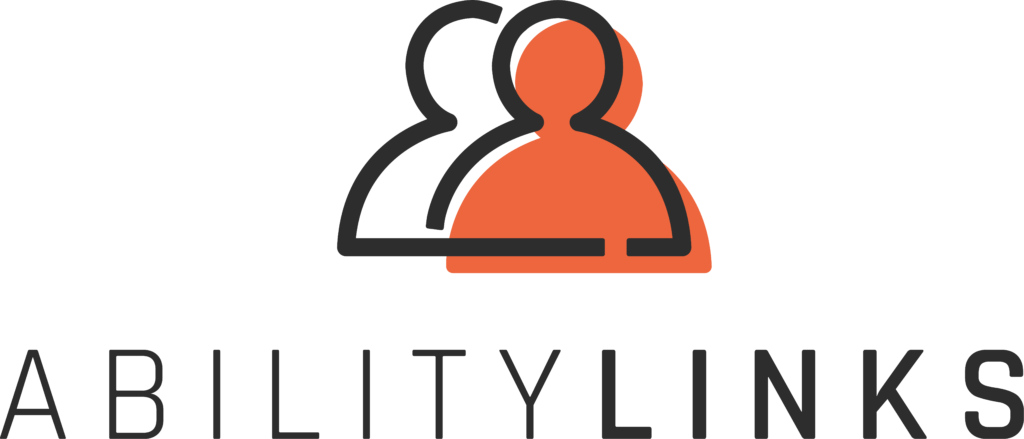Wollongong & Nowra Psychosocial Recovery Coaching
Are you looking for a qualified, experienced and highly respected recovery coach who can help you overcome physical and mental setbacks caused by any impairment or surgery? Your search ends at Ability Links, if you are Nowra or Wollongong. Our Recovery Coaches listen, care and walk beside the people we support through the highs and lows of life. We are non-judgemental and celebrate every win. We understand setbacks, but optimise chances of success by focusing on passing on tools and building capacity.







